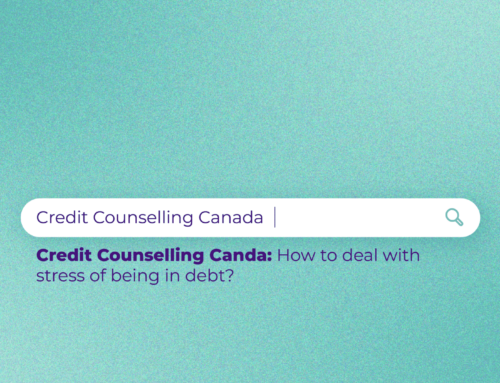We have recently discussed the importance of saving, your credit score and of course, your financial literacy. But at what stage of our lives should we begin learning about our finances? We believe you should begin teaching your children financial lessons as soon as you can.
In a 2018 study, a group of psychologists at Purdue University discovered that by age three, your kids can grasp basic money concepts. This study has also shown that by age 7, most of your kid’s money habits are already set. But of course, this doesn’t mean if your kids have passed this age that you should just give-up. It’s important to make good money habits a part of your daily routine, no matter when you start. Incorporate good money practices into their life like any routine; the same way they get ready for school, do their homework and have allocated time for play in between.
Financial literacy is an essential life lesson for kids. Teaching your children how to manage money will help them throughout many stages of their life. According to research from the Consumer Financial Protection Bureau in the U.S., it’s vital to help young people learn the concept of delayed gratification and self-control even before introducing money. Giving kids plenty of opportunities to practice this, for example by putting money aside for toys they want, allows them to develop healthy habits early on.
In order to begin your journey in teaching your kids financial literacy and money management, let’s discuss some simple steps you can take. Here are some ways you can incorporate personal finance to benefit your child’s future.
Give an Allowance
An allowance is a great way for kids to begin managing their own money. If you let them make their own spending choices with it, it allows them to begin being a wise spender. Encourage them to plan purchases in advance. This will allow them to think more about what they want versus want they need. Giving them an allowance helps you balance your budget too, but only give them as much as you can afford. A great guideline is $0.50 – $1.00 / year of age of your child.
Family Chores
Family chores are an essential way to teach your child about work ethic. You can allocate half of what allowance they get; on condition they complete all assigned weekly chores. A great life lesson to teach your kids is the value of their hard work. This shows them that their hard work can come with a reward, allowing them to buy the small things they enjoy.
Teach About Saving
Not only is saving a great financial lesson to learn, but it can be a fun one too. You can create a money box or piggy bank and track your child’s savings weekly or monthly. Once they see their piggy bank beginning to fill up, it will drive excitement for both you and your child. To make it even more fun, why not ask your child to set a goal amount and something they’d like to purchase once their goal is reached? This will encourage friendly competitiveness with great results.
Teach Your Child To Be A Wise Consumer
I’m sure we’ve all made some questionable purchases in the past, and sometimes they’re unavoidable. Why not try to begin teaching your child how to be a wise consumer? You can do this by questioning their purchases, if they want or need the things they wish to buy. How about looking at different price options for this product and allowing them to consider quality. You can do this by allowing them to take their time while purchasing and giving them that extra time to think about spending their money.
Teach Your Child About Credit
To many parents, this one might seem quite difficult. When your child gets old enough (maybe even teens) you can begin to teach them about credit. When they’re old enough to understand credit, consider lending them a small amount of extra money so they can make a major purchase. Then negotiate a payment plan and carefully track the amount until the debt is clear. It’s important for your credit health to be prioritized at any stage of your life. Check out how to improve your credit score here.
Be Open About Money
It’s important to be open with children about money so they can eventually understand it. But this doesn’t mean you need to tell them about every debt and bad investment you’ve ever made. Simply talk openly about saving and budgeting. Often children can be led to believe their parents may have unlimited money. Explain to them while at a cash machine where your money comes from. Emphasize that your money isn’t endless, to help highlight the value of it.
Examine Your Own Attitudes About Money
This one’s important. Children are very impressionable and pick-up their characteristics from their parents. So, before you begin teaching your kids lessons about finance how about begin improving your habits yourself. You can learn about budgeting, credit, saving, financial literacy and more from our education centre here.
About Marble Financial Inc. (CSE: MRBL; OTCQB: MRBLF). We are a group of forward-thinking financial technology experts that fully understand the benefits and drawbacks of credit in Canada. Marble helps Canadians improve their credit to gain access to prime lending. Through our industry-leading proprietary technology solutions Fast- Track, Score-Up, and Credit-Meds. Since 2016, Marble is proud to have empowered thousands of Canadians to a positive financial future. We continue to establish ourselves as leaders in financial wellness.






